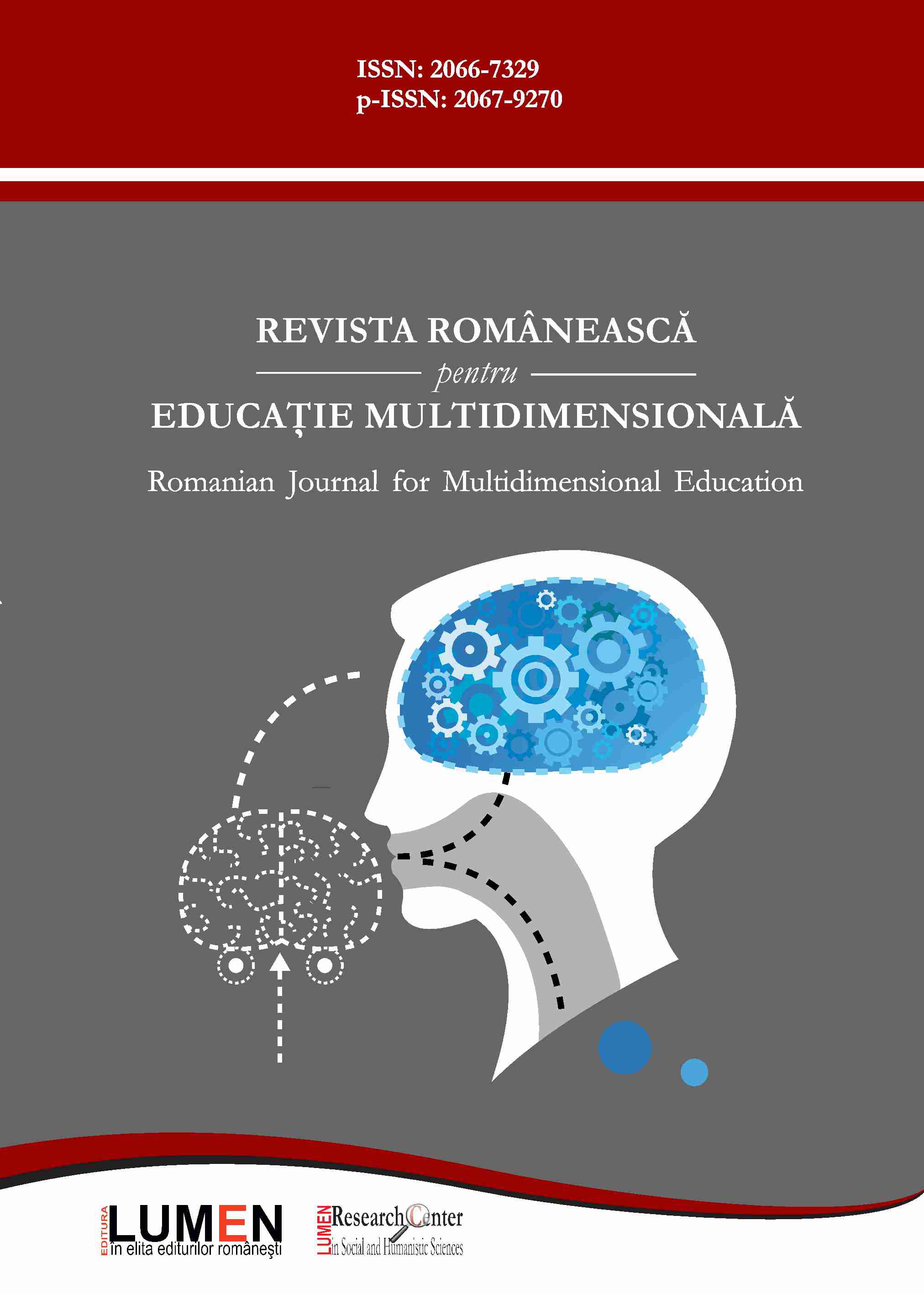Implementation of European Border Guards’ Common Educational Standards in Ukraine: Comparative Analysis
Implementation of European Border Guards’ Common Educational Standards in Ukraine: Comparative Analysis
Author(s): Andrii Balendr, Viacheslav Biletskyi, Anatolii Iakymchuk, Serhii Sinkevych, Vasyl Korolov, Ihor BloshchynskyiSubject(s): Economy, Micro-Economics, Public Finances, Socio-Economic Research
Published by: Editura Lumen, Asociatia Lumen
Keywords: Border Guards’ training; harmonization; common curriculum; European Union Member States; cooperation;
Summary/Abstract: The paper reports on the results of implementation of European Union (EU) Common Border Guards’ (BG) training standards in Ukraine and presents the outcomes of the conducted comparative analysis of the EU and Ukrainian BG training systems. The research is aimed at analyzing the level of the Ukrainian BGs interoperability according to the European BGs’ training standards, namely - the Common Core Curriculum (CCC) for BGs’ training elaborated by the national BG Authorities under supervision of FRONTEX Agency. The obtained results provide information on the current state of the CCC implementation in the Ukrainian BG Agency and outline solutions for further development of the EU BGs educational standards in Ukraine. The results of the study showed that Ukrainian BGs and their system of education and training correspond to the European professional requirements in this sphere and the Ukrainian BGs can participate in joint operations to protect different border sectors together with the counterparts from the EU Member States. The comparative analysis, which involved 24 educational departments of the Ukrainian BG Academy showed that the overall level of CCC implementation is 77,5%. Implementation process revealed the following advantages of using common European BG standards: common understanding between the BGs from different countries; harmonizing educational standards across Europe; developing job competencies; enhancing cooperation among BG Academies and units; promoting CCC for BG authorities. The results also showed challenges of this process, namely: there is still not full recognition by the decision makers; lack of the expertise regarding European educational standards implementation; not enough national multipliers; difference of the national education systems, short training period at the national BG Academies. The possible solutions for these issues were also outlined: organizing workshops to train the personnel, ensuring mutual support from other institutions; finding different sources to fund the implementation process; requesting other governmental bodies for assistance; training of involved personnel; senior management awareness raising; involving stakeholders for co-funding purposes.
Journal: Revista Românească pentru Educaţie Multidimensională
- Issue Year: XI/2019
- Issue No: 2
- Page Range: 1-17
- Page Count: 17
- Language: English

